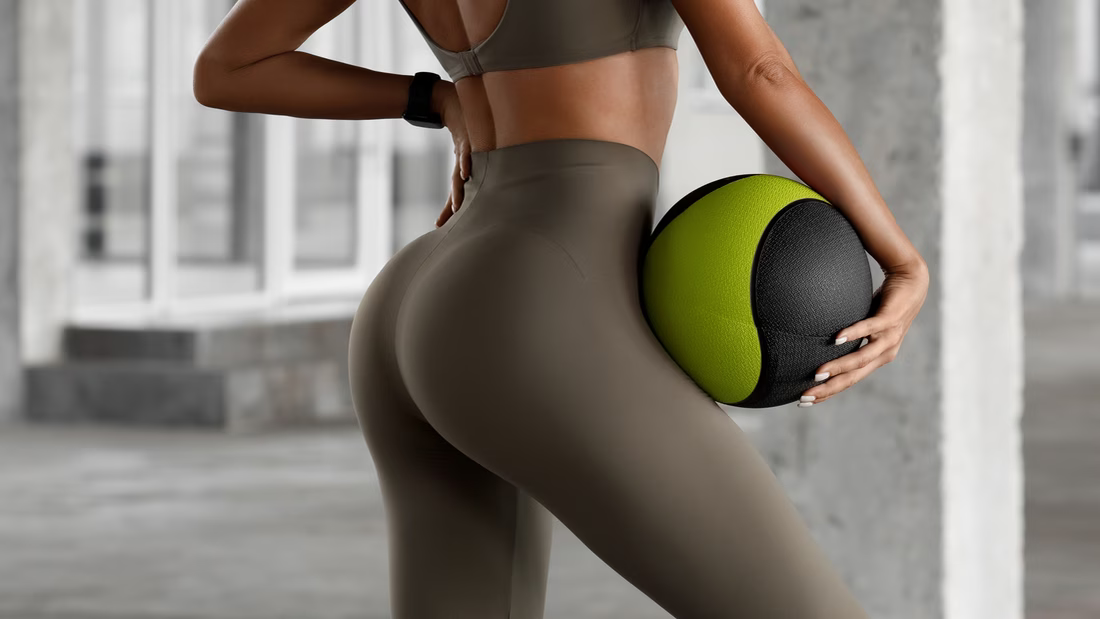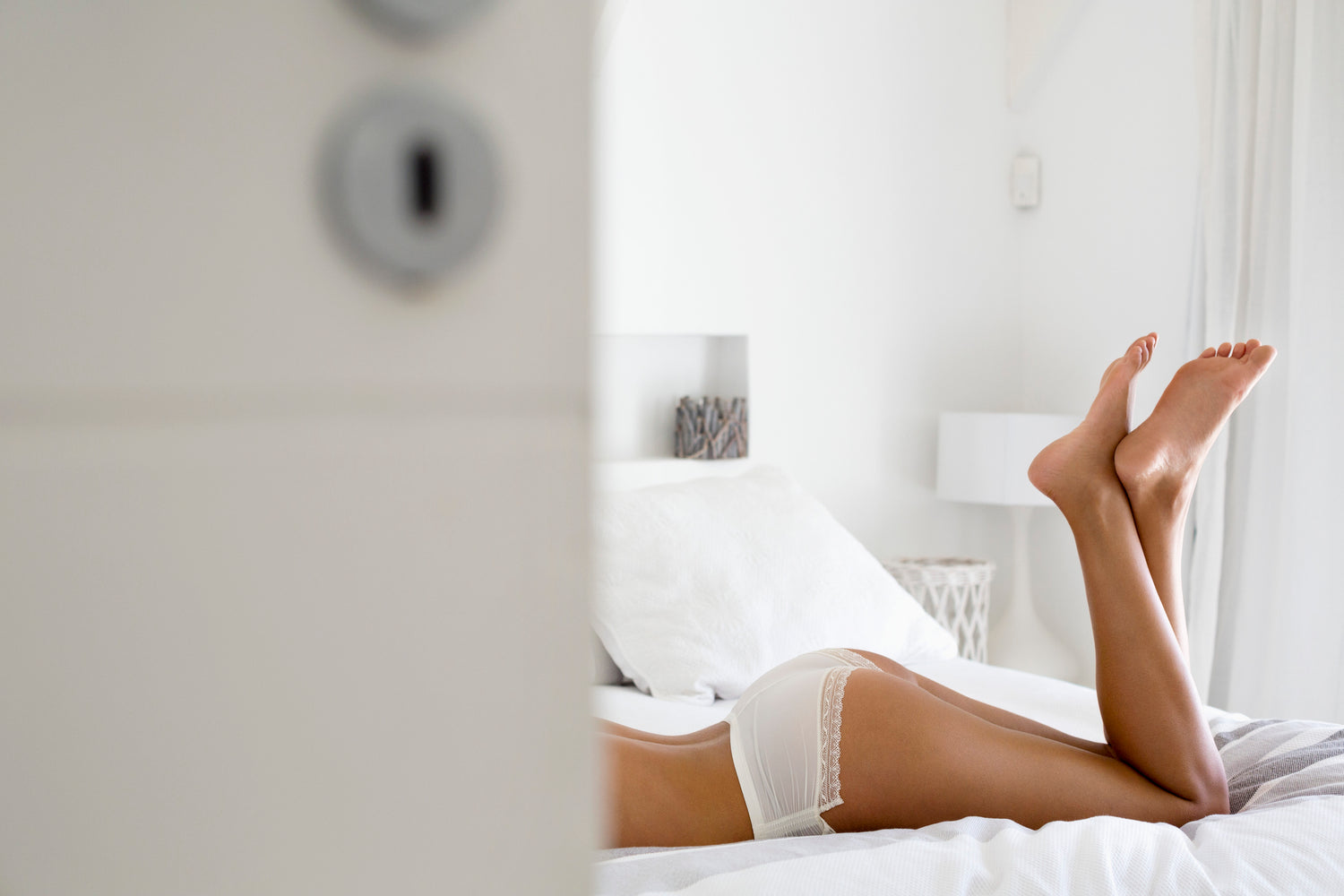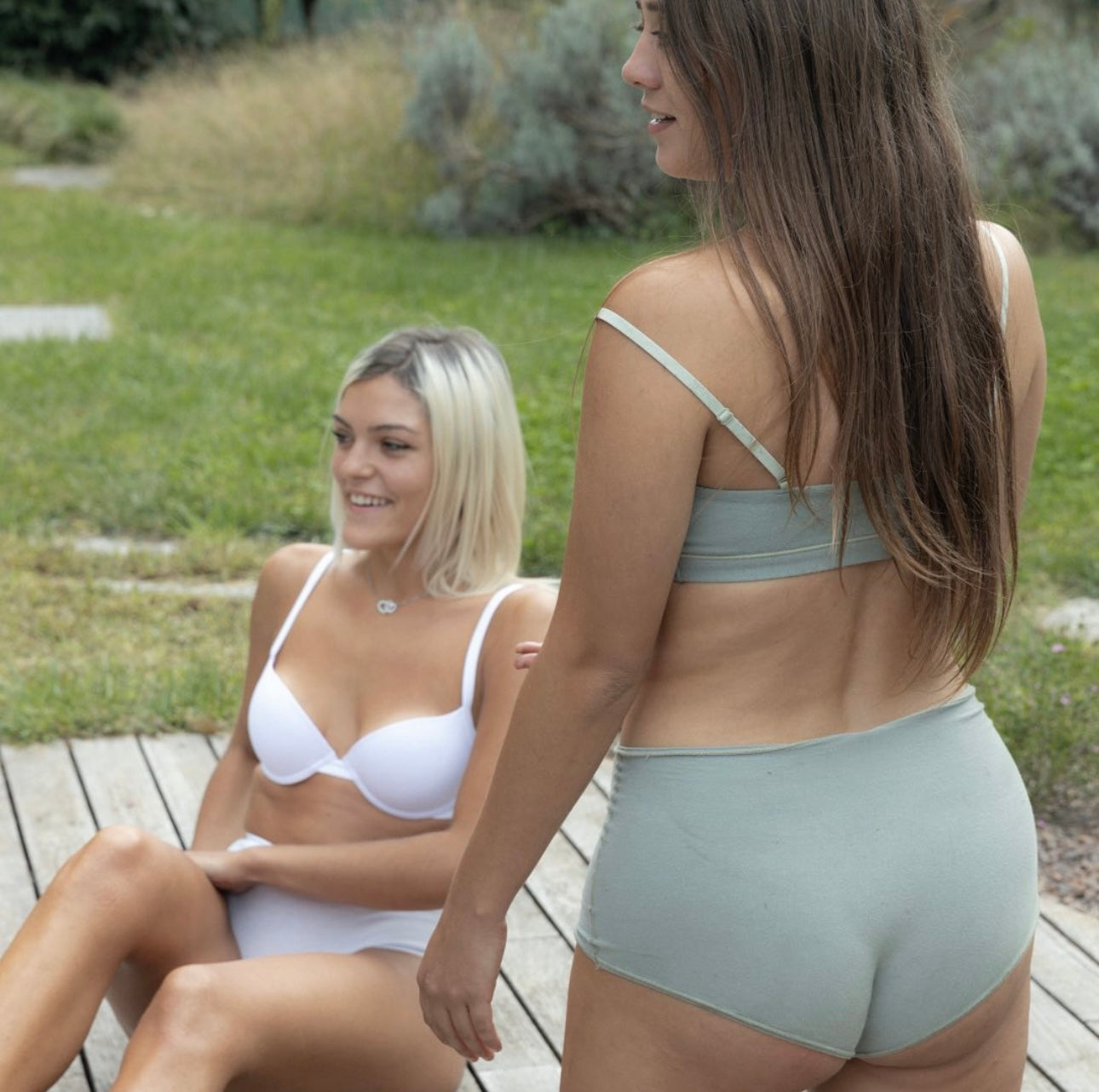It's tight, red, and sometimes itchy or even flaky.
Dry skin on the face or other parts of the body is often discussed in the media. On the Po, however, it remains an unpopular topic that is barely reported on. Around 20 - 35% of the population struggle with the problems that dry skin brings with it.
But how does dry skin develop and how can you get rid of it in the long term?
The skin is particularly affected during the cold season. And that affects the entire well-being of our organism, because the skin as such is the largest organ in our body.
On the one hand, like much of us, dry skin is inherited. Nevertheless, there are many smaller solutions that can combat dry skin and, above all, prevent it.
The skin, what is it actually?
Our epidermis consists of several layers
(from the outside to the inside):
- the horny layer: it protects our organs from injuries and germs. At the same time, as a natural barrier, it should protect the skin from not losing too much moisture. This is made possible primarily by so-called lipids, in which our skin is embedded.
- The germ layer / the protective acid mantle: it is created by the secretion of the sweat glands together with the fatty acids present on the skin. The weakly acidic pH value of approx. 5.5 that is created is supposed to protect the skin additionally. If the protective acid mantle is disturbed, our skin is more susceptible to infections and it becomes increasingly difficult for it to store moisture. Both internal and external factors can be responsible for this disorder.
- The dermis, which with its dense connective tissue ensures the firmness and elasticity of the skin. Their vessels supply the skin with nutrients.
- The subcutaneous fatty tissue stores heat and nutrients, it cushions the underlying structures, absorbs external pressure and shocks and protects against heat loss.
External influences:
- UV radiation
- Water: too much water removes fat and moisture from the skin
- Temperature extremes
- Wrong care
- unhealthy lifestyle: especially alcohol consumption and smoking
- Contact with chemicals
Internal causes:
- Increasing age
- Hormone fluctuations
- psychological causes
- Skin diseases such as B. Neurodermatitis
- Symptom or side effect: e.g. B. diabetes, preparations containing cortisone, drugs
What you can do about dry skin:
Dry skin can have many causes, but you can react to almost all of them and actively eliminate them.
Above all, a balanced diet with food rich in vitamins can achieve a lot.
In particular, you should ensure that you consume enough water and avoid alcohol.
Saunas and long baths are also not very recommendable for dry skin.
Also avoids products that contain substances such as alcohol or perfume.
Our insider tip: ours "PoBeau Intensive Hydrating &
It not only helps against dry skin, it also helps. against redness, has a calming effect and an anti-aging effect.





